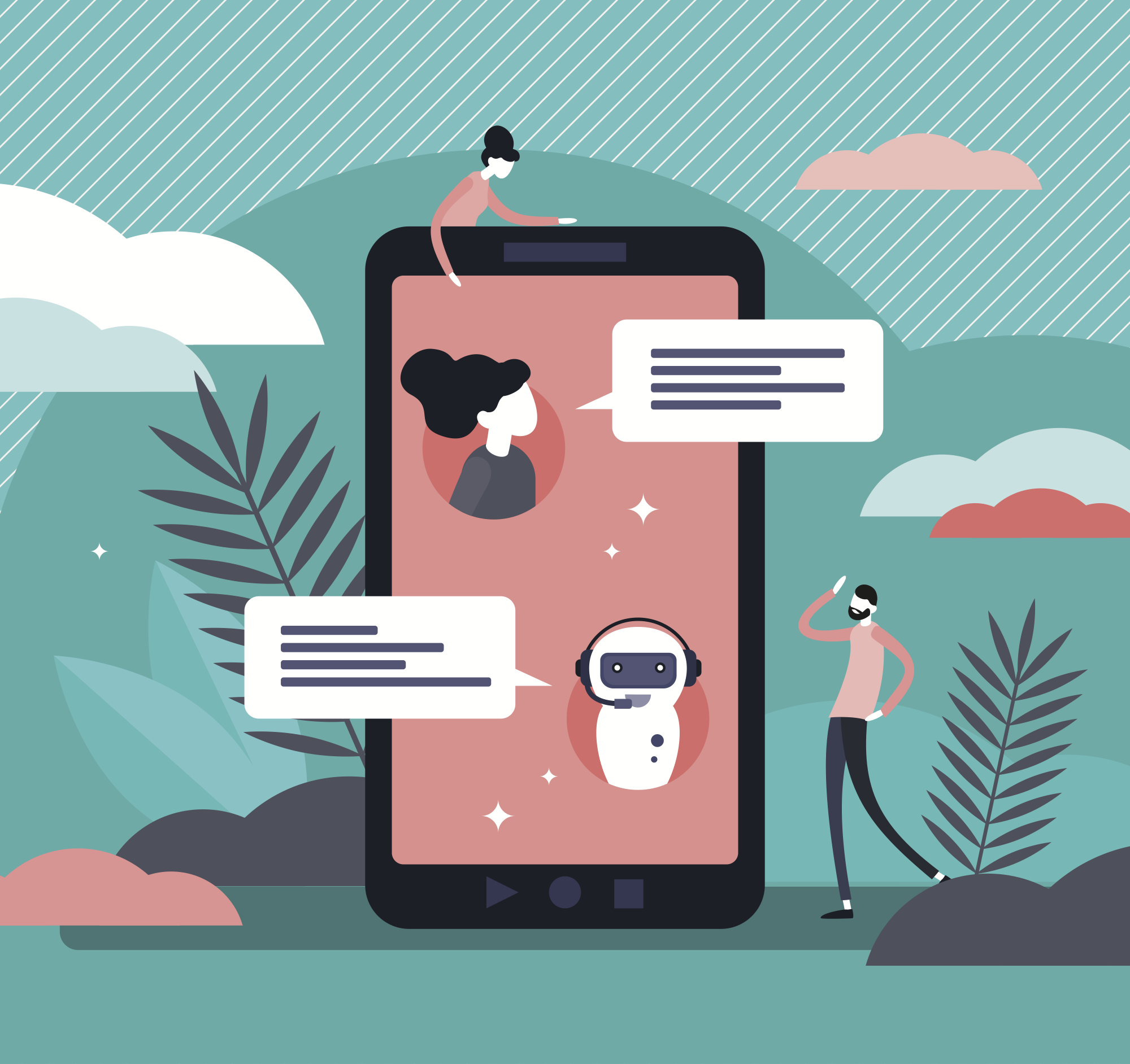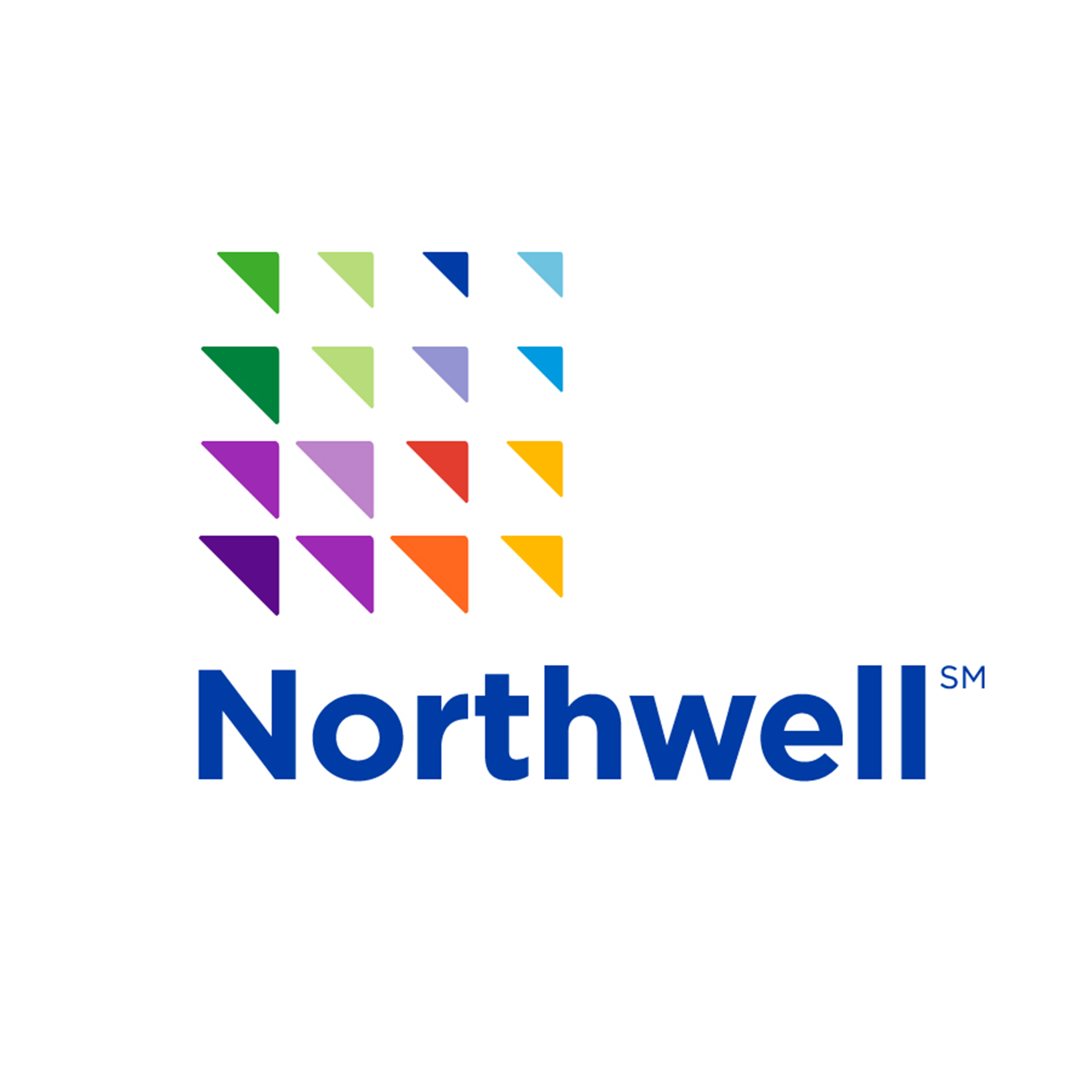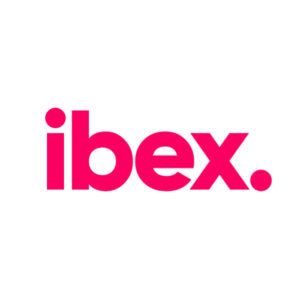Every shopper wrestles with two seemingly competing ideals. On one hand, they want to reach a solution as quickly as possible. At the same time, they want to feel like they’re not being shuffled through a system. It’s these competing wishes that challenge companies to deliver automated customer experiences that don’t alienate users.
With the advent of Open AI’s ChatGPT, eCommerce brands have gotten a taste of generative AI. This technology upgrades the agent experience by freeing up their time to develop deeper customer connections, while shoppers are able to solve most issues on their own or reach a human as needed.
The promise of such technology is generating a lot of optimism about where it can take eCommerce — but will AI let personalization remain a key component of the customer experience? Understanding where a tool like ChatGPT comes into play in the service world can answer this question — and show how personalization and automation can coexist.
The Positive Impact of Automation in Action
CX leaders across industries are more capable now than ever of infusing automated customer experiences into their support centers. From more productive self-service to enhanced intelligence, the tangible impacts of ChatGPT can apply across the customer experience.
Of course, the goal of automation is always to give both customers and agents more time, offering simpler solutions for shoppers and allowing support teams to focus on the most important tasks at hand. Automation eliminates the need for customers to reach out about redundant issues. Instead, they can easily utilize self-service options once you do the following:
- Implement chatbots that are easy to communicate with and can handle the most commonly asked questions.
- Use AI to provide consistent product and service information that ensures customers get the correct information every time they reach out.
This is just the baseline of self-service automation. In our recent webinar that we hosted with Thankful, we discussed how ChatGPT makes it possible to train your support infrastructure to make emotionally intelligent decisions — and since the tech is inherently more empathetic than previous iterations of AI, it’s a useful tool for bolstering the loyal relationships you’re building.
Personalization Is Just as Critical
There’s no question that personalization is vital to fostering positive sentiment with shoppers, making them feel like they are being treated as an individual, not a ticket number. Can AI be the solution to meeting these customer expectations?
Customer service agents and shoppers alike might view AI as a robotic solution that can’t offer the same level of care as a human. But the increasing sophistication of the technology means personalization in AI is no longer a pipe dream.
However, while automated customer experiences can be a major asset in boosting customer LTV (long-term value), driving emotional connections with customers is also essential. Brands must focus on driving empathy and loyalty during the most difficult customer journey touchpoints; otherwise, they’ll fail to capitalize on the moment and ultimately disappoint customers.
Agent Capability Is the Missing Link
The new frontier of automation is encouraging and can be an enormous boon to your ecommerce business. But it’s still a singular piece of a more intricate formula for success — without a support staff that embodies the same ethos of personalization and can leverage the functionality of that AI, customer service will still hit a threshold.
Think about how a more holistically trained staff can elevate the application of AI. Typically, agents bring up customer information in conversation to provide personalized service. Highly advanced AI, like ChatGPT, draws on transparent data from integrated systems to provide your customers with even better, more personalized self-service experiences. These improved hands-off interactions work whether customers contact your company on channels like chat and SMS or over the phone and through email. The potential for loyalty-boosting personalization is endless:
- Identify the customer issue faster based on previous purchases and conversations and proactively recommend a solution right away.
- Create intelligent answers to nuanced customer questions by synthesizing solutions from your internal database of product and customer knowledge.
- Deliver personalized messages on prioritized or preferred channels during a shopper’s unique peak purchasing periods to drive them to shop more.
Fundamentally, AI is a mechanism of empowerment — making a support agent’s every move more successful. This effect should also carry over to agent happiness, which is the overall state of satisfaction and autonomy your staff feels in the workplace. Achieving this happiness comes from a carefully crafted recipe:
- Soft skill training to allow for open conversations with customers, empathetic communication, and deeper connections
- Hard skill training that includes in-depth product expertise and the ability to create revenue opportunities through upselling and cross-selling
- Complementary automation that makes the implementation of the above skills more effective per use case while never undercutting on personalization
At the end of the day, personalization and loyalty are two sides of the same coin. Achieving the latter is only possible when the former is optimized. You can start planning how your ecommerce brand can be a leader in AI-driven personalization by transforming your infrastructure to better elevate automation for truly dynamic customer service.
Automated Customer Experiences Are the Future
Much of the discussion around ChatGPT’s possible uses in the service space has been inconclusive (albeit optimistic). But we do know automation breeds efficiency. Layering this new technology into your support architecture, under a unified platform that supports all channels and agents, will generate faster responses and decision-making across your organization. When you feed automation tools the right data and apply it effectively, you can actualize the true promise of personalization — valuable, long-term relationships with loyal customers.
Gladly has seen numerous customers take a technological leap with highly efficient, AI-driven support. Our platform is on the cutting edge of service and is aiming to easily incorporate ChatGPT and similar third-party options to develop its potential even further.
Guest blog post written by Gladly. To learn more about this topic and others, visit Gladly’s events page to check out all of their upcoming events.





















































































































 TELUS Digital
TELUS Digital ibex delivers innovative BPO, smart digital marketing, online acquisition technology, and end-to-end customer engagement solutions to help companies acquire, engage and retain customers. ibex leverages its diverse global team and industry-leading technology, including its AI-powered ibex Wave iX solutions suite, to drive superior CX for top brands across retail, e-commerce, healthcare, fintech, utilities and logistics.
ibex delivers innovative BPO, smart digital marketing, online acquisition technology, and end-to-end customer engagement solutions to help companies acquire, engage and retain customers. ibex leverages its diverse global team and industry-leading technology, including its AI-powered ibex Wave iX solutions suite, to drive superior CX for top brands across retail, e-commerce, healthcare, fintech, utilities and logistics.






















 Trista Miller
Trista Miller



























